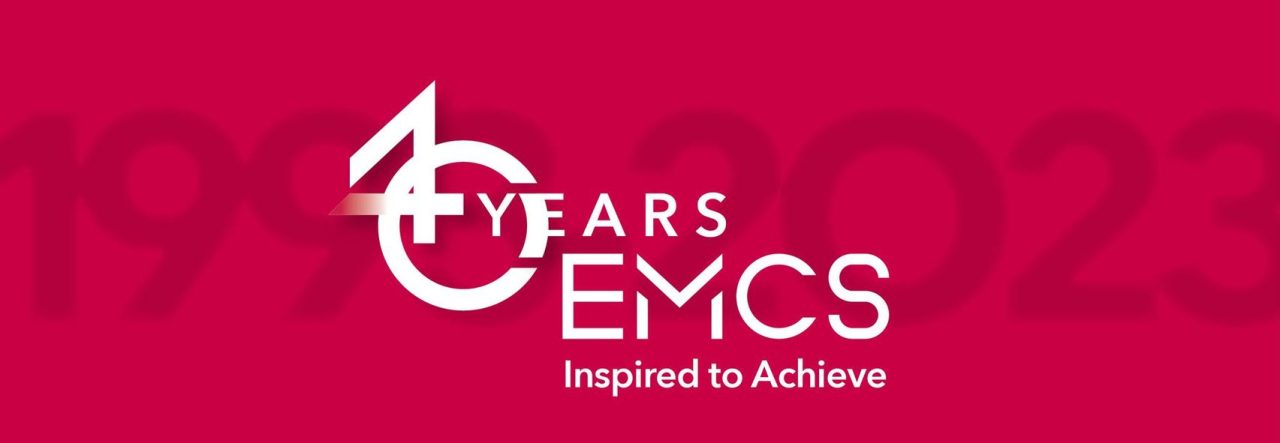I was reading the results of a survey done by McKinsey & Company amongst 2,500 Chinese consumers between February 21st and 24th and again between March 20th and 23rd, to gauge consumer attitudes across eight product categories: alcohol, makeup, skincare, snacks, home cleaning, personal care, fresh food, and baby care.
It is very interesting research as this is the 1st post-COVID-19 research on consumer behaviour, perceptions and confidence to be done in the world.
The survey also assess the perceptions of the interviewed Chinese Consumers on an eventual economic recovery. The results are very insightful:-

On one hand, around 50% of respondents to the March survey say they are optimistic that the economy may recover two to three months after the end of the outbreak, whilst on the other hand the amount of persons who are very pessimistic about any recovery have also increased. This shows any increase in diametric opposing views and perceptions.
With regards the previously mentioned product categories, it is extremely interesting to see that while most consumer brands faced headwinds during the crisis, amid widespread declines in demand, particularly in discretionary categories, the survey shows that around 30% of consumers used less skincare and purchased less alcohol, while more than half used less makeup.

Moreover, when the interviewed Chinese Consumers were asked how they expect their consumption to evolve following the crisis, the majority said that they will revert to the pre- crisis levels across most product categories, with 60% to 70% expecting to resume normal consumption or consume slightly more, and another 10% saying they will consume a lot more, perhaps reflecting a degree of deferred demand. However between 20% to 30% of respondents suggested they will continue to be cautious, either consuming slightly less or, in a few cases, a lot less across consumer goods categories. This means that retail businesses should target these 20% to 30% of clients by stepping up marketing and promotional efforts to encourage consumption where it is weak.
As expected, as as is happening in Europe and in Malta right now, China consumers did more online browsing and made more online purchases during the peak period of the outbreak. As a result, online generated a 15–30 percentage-point incremental share of purchases across a range of categories. As a response many consumer goods companies ramped up investment in social and e-commerce. However, it is now interesting to keep a watchful eyes as to the share of online purchases in a post-COVID-19 China. Logic would seem to indicate, that companies may wish to consider extending and formalising recent initiatives (many of which were makeshift during the crisis), by increasing their presence on social engagement and in e-commerce.
Finally, it is also interesting to note that the crisis impacted the Chinese consumer attitudes with regards the environment and healthy lifestyles, with some 64 % agreeing or agreeing strongly that they will consider products that are more environmentally friendly, and 70% saying they will work to boost their physical immunity by exercising more and eating healthily. I believe that Maltese Brand managers and Retail companies in Malta would do well to keep this emerging attitudes in mind to adapt accordingly their consumer engagement strategies.
We at EMCS (www.emcs.com.mt) have been producing, for a number of years, a detailed Consumer Confidence report based on continuous surveying of consumers in Malta. Feel free to drop me an email on silvan.mifsud@emcs.com.mt to learn more on our Consumer Confidence surveys.

